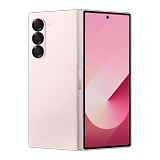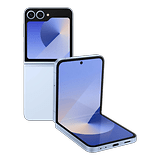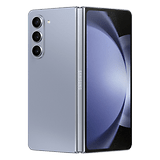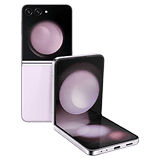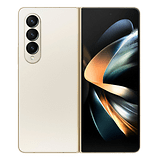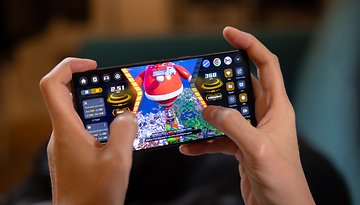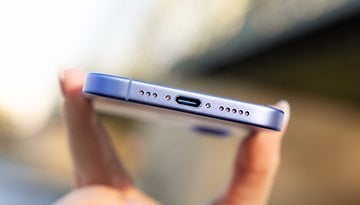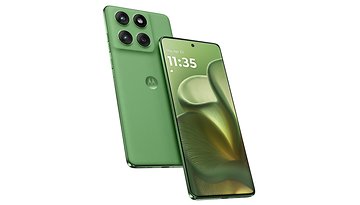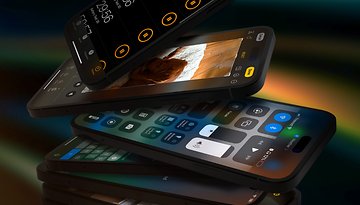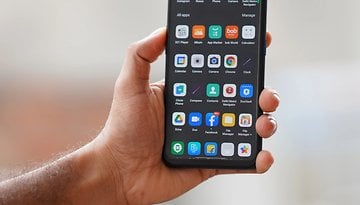Android and AI: Please, Google — Don't Repeat These Mistakes!
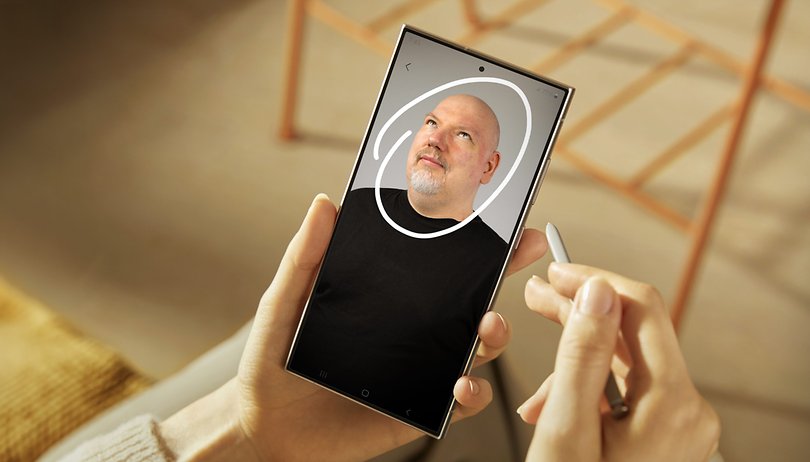

Google wants to revolutionize internet searches with the "Circle to Search" feature. The exciting AI feature is currently available on selected devices such as the Galaxy S24 Ultra (review) or the Pixel 8 Pro (review). However, is Google possibly shooting itself in the foot using this strategy by repeating its previous mistakes with Android? Do stay to find out my opinion about this matter.
AI is everywhere! Regardless of whether it is simply a buzzword and marketing tool or a compelling function with actual added value, we cannot escape from the shadow of "artificial intelligence" today. It's no wonder smartphone manufacturers are also highlighting AI functions more prominently while implementing more of such smart tricks in their devices. Samsung has even taken the game farther by launching an entirely new platform known as Galaxy AI.
However, this is a platform that largely relies on AI functions from Google, with "Circle to Search" probably being the most prominent example. In this article, I will briefly explain what this new search function is about, mention the exclusivity of this function, report a déjà vu experience, and a fear concerning a repeat of an Android error from the past.
This is Circle to Search
Let's all briefly clarify what "Circle to Search" is, which Google described as follows: "Circle to Search is a new way to search anything on your phone with a simple gesture — without switching apps." The tool is certainly easy to figure out!
No matter which screen you are on your phone, if you chance upon a piece of clothing you like, a place of interest, a dish, or virtually anything else that you would like to find out more about, you can activate the AI search with a long press on the home button.
Alternatively, you can activate gesture navigation with a long press of the touch bar at the bottom of the screen. From there, circle the object of your desire (or simply tap it) and the search results will show, regardless of whether you are in a browser, using an app, or languishing on the home screen.
In short, Circle to Search is something similar to Google Lens, only much less complicated to use.
Circle to Search: Exclusive to Samsung and Google, for now
Circle to Search is an AI tool developed by Google, but it first debuted in the Samsung Galaxy S24 family. The fact that Google is also considering its current generation of Pixel phones to carry this feature was explained by the Californians themselves in the press release for "Circle to Search" this January: "Circle to Search is coming to selected premium Android smartphones—the Pixel 8, Pixel 8 Pro and the new Galaxy S24 series—in all languages and wherever they are available on January 31."
Google already narrowed down its availability by a considerable margin by naming the stakeholders at launch. The announcement to include this feature in Pixel 7 smartphones came as a relative surprise as part of the Android feature drop in March. When Android 14 with One UI 6.1 (skin) arrives on other Samsung Galaxy devices at the end of March, Galaxy AI will also be available on those handsets.
Samsung has already confirmed this officially. This means the function will only be available on selected Galaxy and Pixel devices in the foreseeable future. Not even the Pixel Fold (review) has received an announcement for Circle to Search.
Will other manufacturers follow? Brands like Honor are busy working on their own AI features, but Circle to Search would still be an exciting addition to any Android smartphone, wouldn't it?
It is even possible that the function will remain exclusive to Samsung and Google until October 5, 2024. This is what we could garner from Samsung's press release in the Netherlands. The post in question has disappeared since as if by magic, but luckily the internet has a memory now. Previously, Samsung Netherlands wrote the following in the press release, which concerned the sales records of the S24 series:
Circle to Search: exclusively on Samsung and Google devices
The Galaxy S24 not only opens the door to the future of communication, but is also one of the first phones to offer Circle to Search with Google. And that makes the S24 unique, as this feature will only be available on Samsung and Google devices until September this year.
In a footnote, it mentioned:
Circle to Search will be available on the Google Pixel 8 series and the Samsung Galaxy S24 series from January 2024. Circle to Search could also be available on Android devices from other brands from October 5, 2024, but no active developments are underway for this.
My impression was we are dealing with an exclusive feature for the time being, but Google doesn't want to explicitly tell us that it is an exclusive feature, at least for now. After all, the toned-down press release from Samsung Netherlands still mentioned that Circle to Search is exclusive to both companies and referred to their close working relationship. Gerben van Walt Meijer, Marketing Manager Mobile at Samsung Netherlands, said:
The fact that Google is only making this innovative technology available for its own devices and those of Samsung speaks to the good relationship and trust between the two companies.
Once upon a time: Android déjà vu
About 700 words ago, I promised that I would talk about Google's potential mistakes. Bear with me for a moment, because we need to do a little bit of time travel before that. Shifting the timeline to 2012 when Google introduced Google Now with Android 4.1, there were context-based cards that you could interact with your smartphone via voice. Google Now was scrapped in 2017 in favor of Google Assistant.

However, in 2015, Google introduced a feature known as "Google Now on Tap". Okay, Google Now on Tap only arrived in Germany in 2016 with the Marshmallow update, but we don't want to argue about the specific timeline, give or take a year. What's more important is what this function did. Once again, I'll let Google explain it in their own words:
With Now on Tap, you can simply hold down the home button to ask for help without having to interrupt what you're doing in an app or on a website. For example, if a friend sends you a WhatsApp message about seeing the new Star Wars movie, you can call up Now on Tap without leaving WhatsApp.
Does this sound familiar? Yes, I think so. Basically, that was the same Circle-to-Search trick, except that we couldn't trigger the search function with a simple circle back then. The approach of easily sending search queries from anywhere on the smartphone is almost identical. Back then, you could already mention the name of a restaurant in the chat and thanks to Now on Tap, reserve a table, read reviews, or receive directions to the restaurant.
If you're wondering what kind of damn superbrain I have to remember that, I'm sorry to disappoint you. I am no telepath like Professor X. Rather, I stumbled across this interesting article by JR Raphael for Computerworld while doing some research. He also wrote about the fate of this highly interesting function, but I'll return to that in the last section.
Don't make these mistakes again, Google
Mistake 1: Lack of staying power
As mentioned, Google Assistant replaced Google Now in 2017. There is nothing fundamentally wrong with this because when a service is replaced by a more advanced one, all smartphone users will benefit from this. Okay, that statement is true only if a beloved feature isn't suddenly consigned to app nirvana. Yes, that's exactly what happened to Now on Tap at that time: it disappeared without a trace and joined an endless list of Google services that the company more or less surprisingly scrapped (Oh, 'Google Reader, how I still miss you!!).
I think it was a serious mistake not to retain it. Google obviously felt the same way, as the modern, younger brother of this idea, Circle to Search, is causing a sensation today. Perhaps Google will manage to avoid a repetition of this mistake.
I still cannot shake off this uncomfortable feeling that Google might have the urge to remove popular features, and that's not the only thing to worry about.
Mistake 2: Nonsensical exclusivity
It is also this temporary exclusivity of Circle to Search that worries me. I can also think of an example that has not paid off for Google in the past, and certainly not for other smartphone manufacturers from the Android camp. Google's Pixel smartphones feature really amazing cameras, everybody can vouch for that. From the very beginning, the company was not only concerned with the necessary hardware but also with squeezing as much as possible out of the sensors on the software side.
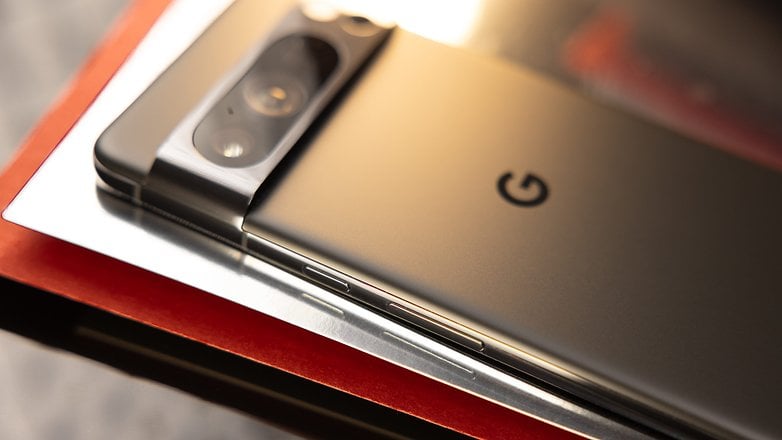
The problem was that as passionate as Google's programmers were to throw all their effort into the Pixel camera, there was suddenly very little interest in the actual camera app that has been integrated into Android. Development stagnated and hit many manufacturers, hard. Those known for their outstanding camera smartphones, such as Samsung and Huawei, were able to compensate for this on their own. However, numerous other brands were left out in the cold and required one, if not two, smartphone generations to make up for the shortfall in image quality.
It would be nice if Google didn't make the mistake of pushing its smartphones and those of its loyal partner Samsung with new developments while neglecting the rest of the Android world. This brings me to the third mistake:
Mistake 3: Poor timing
Let's assume that the end of September or October 5 marks the actual end of exclusivity: Would that then be the time for Google to unveil the Pixel 9 and Android 15? It is possible that Google considers the new OS to be the right time to introduce Circle to Search on other smartphones and manufacturers. However, we are also expecting a new iPhone and iOS 18 to roll out before then.
People who are familiar with Apple are expecting a massive software update from Cupertino with an insane number of AI functions that will be deeply integrated into the mobile operating system. This means we're slated for a launch event at the beginning of September, at where Apple will presumably set off its AI fireworks. If Google actually waits that long to make its own AI features more widely available, it will be opening the AI door wide for Apple to effectively setting the stage. Apple will surely pounce on this advantage and use its amazing AI magic to wow the world and fence sitters. By the way, you can be sure that Apple will give us some insights into the matter at this summer's WWDC.
Mistake 4: Marketing
I thought for a moment about whether I want to chalk this up as a mistake on Google's part. After all, Circle to Search is the most prominent new AI feature in Samsung's flagship, where there was a separate press release just for the availability of this feature. It is apparently very popular where available.
Speaking of Apple: Think of what Apple would have made of "Circle to Search" if it was a feature they unveiled alongside a new iPhone? There would have been a fireworks display of superlatives, a diss or two towards the competition, and presumably, a very smart name for the function that will surely be less cumbersome than "Circle to Search". iFind or iSearch might be the moniker, take a guess.
As a result, Apple would have bombarded us with it in the media, leaving no stone unturned for the whole world to know about this new function. As I mentioned earlier, I believe Apple is simply better at marketing than the rest of its rivals, which is why I would like to chalk this up as a "mistake" by Google.
Conclusion
This brings me to the end of my lengthy rant and to the point where I have to admit with much consternation: Google has a powerful new feature at its disposal, but withholding it from far too many companies for far too long without tooting its own horn often enough is a dangerous game.
If all Android phone manufacturers could implement Circle to Search without any issue, it would be established as a noun and function across the board before Tim Cook could even breathe "AI" into the microphone once during his iPhone keynote. This habit of prematurely killing off cool features could eventually turned out to be the Sword of Damocles hanging over everything else.
That's why I'm now sending appeals, prayers, and slogans of perseverance to Mountain View from time to time: Hang in there, advertise your features more often, and get them to more devices hell of a lot faster! Thank you!
While I calm down a bit, I'll ask everyone: Am I overdoing it, am I too pessimistic, or do I simply rate this AI feature too highly to make such a fuss? You are welcome to let me know in the comments.
